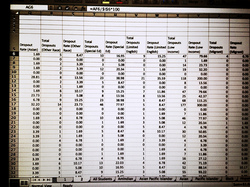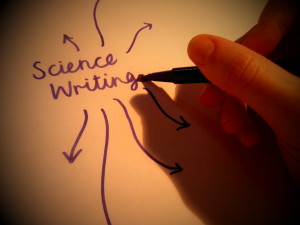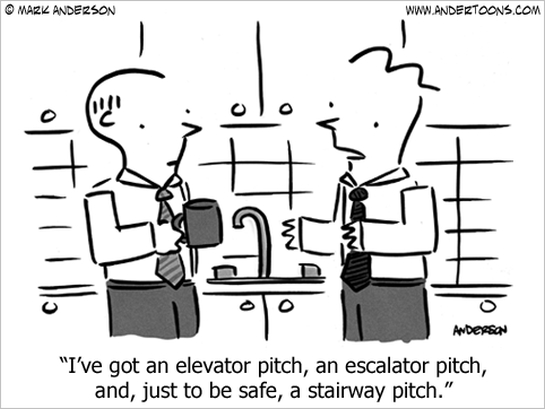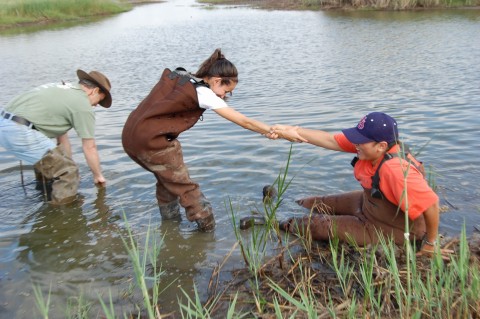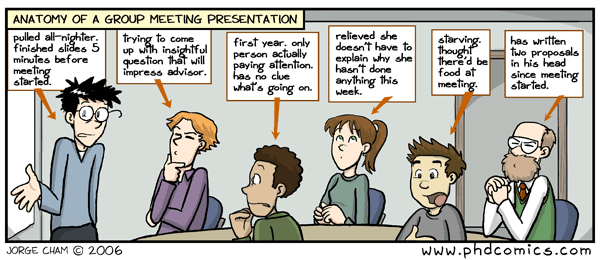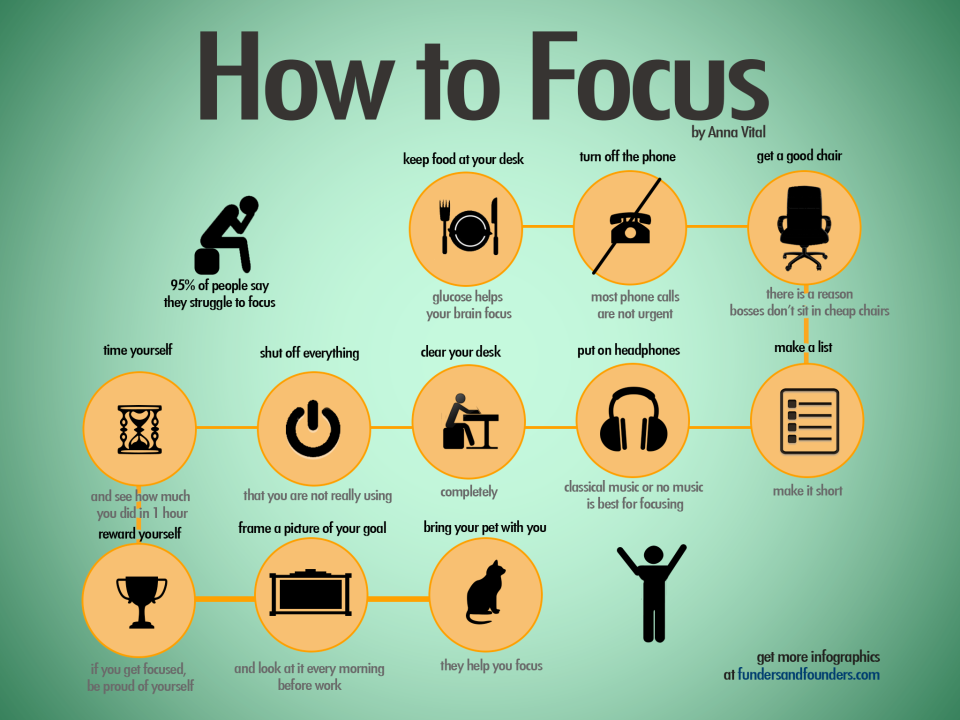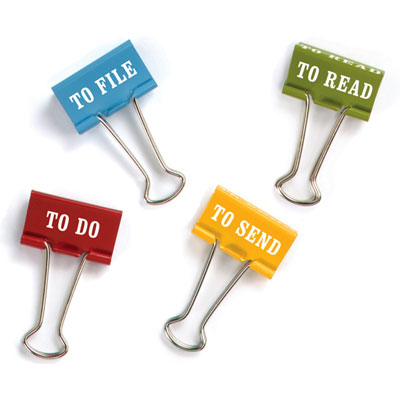Grants, funding, and finances
|
From SociobiologyFrom Dynamic EcologyFrom Prof-like substanceFrom Contemplative MammothFrom Dynamic EcologyFrom Dynamic Ecology
|
Data management
|
From Dynamic EcologyFrom Dynamic EcologyFrom Dynamic EcologyFrom Asian Efficiency
The Most Effective Way of Organizing Your Files, Folders and Documents |
The primary literature
|
From Dynamic EcologyFrom Jabberwocky Ecology
|
Science writing
|
From Dynamic Ecology
|
Publishing your science
|
From Rapid Ecology From Dynamic Ecology
|
Communicating your science - presentations, posters, and the elevator pitch
|
From Dynamic Ecology From Geoffrey Aguirre Lab From Mike Kaspari From Forbes From Jonathan Shewchuk From Dynamic Ecology From RajLab From Creative Research Communications From Dynamic Ecology From Scientific American From Dynamic EcologyFrom The Guardian
|
Communicating your science - social media and dealing with the media
|
From Tenure, She Wrote From Hope Jahren Sure Can Write From ASBMBTODAY From Cal Newport in the New York Times From Inside Higher EdFrom Science - Elisabeth Pain From Sarah MyhreFrom Science Communication MediaFrom SESYNCFrom Dynamic Ecology
|
Mentorship
|
From Small Pond Science From Dynamic Ecology University of Arizona - Commission on the Status of Women From The Times Higher Education From Nash Turley From Small Pond Science From Ambika Kamath From Inside Higher Ed From the Chronicle of Higher Education From The Atlantic From The Guardian From Dynamic Ecology
|
Undergraduate research
|
From Dynamic EcologyFrom Dynamic EcologyFrom SciCuriousFrom Professor Snarky's Unsolicited AdviceFrom Small Pond Science
|
Collegiality and networking
|
From The Serial Mentor From the Kaspari Lab From The Kaspari Lab From Dynamic Ecology From Psyc Girl From The Wall Street Journal From things that change the way I think |
Lab meetings
|
From Small Pond ScienceFrom Dynamic EcologyFrom Avasthi Lab
|
Productivity - organization, efficiency, resiliency, decision-making
|
From Time Magazine From Quartz From WP Curve From The Muse From MakeUseOf From Business Record From National Center for Faculty Development & Diversity From Fear and Loathing in Academia From The Thesis Whisperer From Christine Carter From Dynamic Ecology From Happier From The New York Times From Psyc Girl From The New York Times
|
Productivity - work-life balance
|
From Times Higher Ed From On Being with Krista Tippett From the BBC From Christine Carter From Dynamic Ecology
|
Productivity - focus
|
From The Coffeelicious by Christine Carter From the Greater Good Science Center From The Thesis WhispererFrom Nathan Kontny at The Medium
|
Productivity - email strategies and etiquette
|
From Dynamic Ecology From The Thesis Whisperer From The Next Web From Gap junction science
|
Diversifying your conference, symposium, reviewers, and why it matters
|
From Dynamic Ecology From Small Pond Science From Science MagazineFrom Dariusz Galasinski
|
Research ideas
|
From things that change the way I thinkFrom Small Pond Science
|

